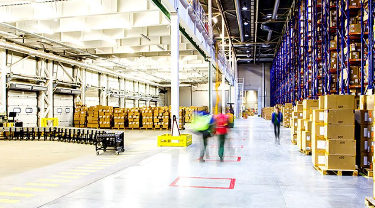
You’re in.
Your request has been submitted. Keep an eye on your inbox; EDC’s trade intelligence is coming your way.

You’re in.
Your request has been submitted. Keep an eye on your inbox; EDC’s trade intelligence is coming your way.

You’re in!
Your request has been submitted. Keep an eye on your inbox; EDC’s trade intelligence is coming your way.

You’re in.
Your request has been submitted. Keep an eye on your inbox; EDC’s trade intelligence is coming your way.

Understanding the Canadian Export Reporting System

You’re in!
Your request has been submitted. Keep an eye on your inbox; EDC’s trade intelligence is coming your way.

You’re in!
Your request has been submitted. Keep an eye on your inbox; EDC’s trade intelligence is coming your way.


















